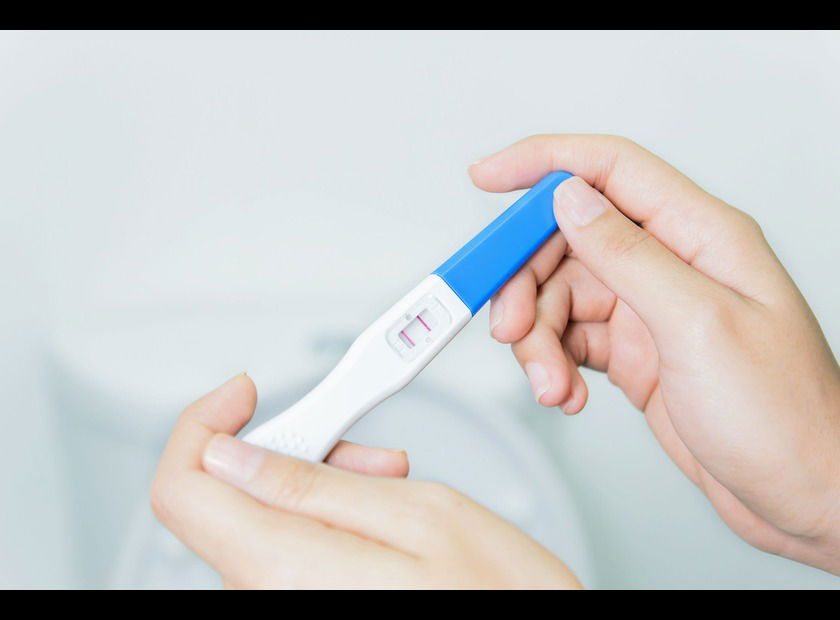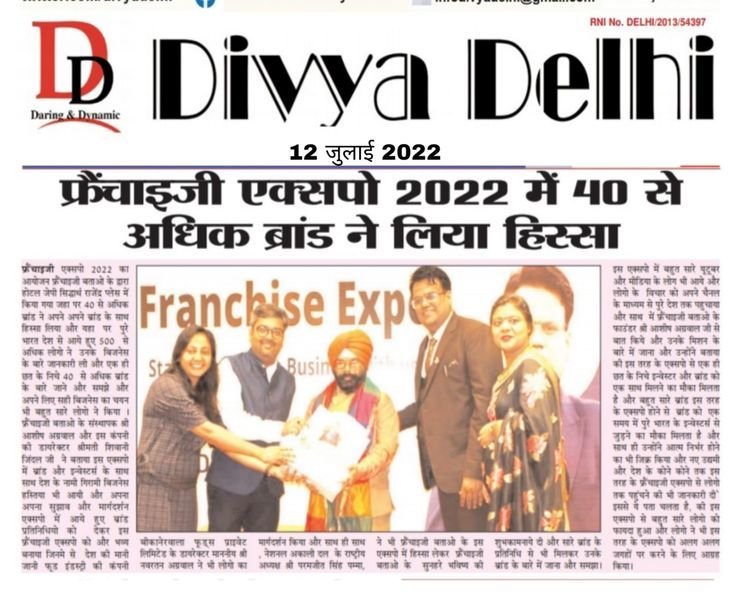
Divya Delhi: Today's fast-paced environment extends fertility discussions beyond women in their late 30s and 40s. In their 20s, young women are confronting unanticipated challenges, including a surge in poor ovarian reserve, which limits their ability to procreate. Early fertility awareness is more important than ever due to lifestyle choices, environmental exposures, and changing social values, according to experts. "More 20-something women are being diagnosed with low ovarian reserve, which is surprising and concerning," says Dr. Priya SP Patil, Consultant Obstetrician and Gynecologist, Altius Hospital, Rajajinagar, Bangalore. Beyond stress and lifestyle, she notes other factors. She says early menarche and exposure to endocrine-disrupting substances in plastics, cosmetics, and processed food can affect ovarian function over time. Dr. Patil emphasizes early screening with Anti-Müllerian Hormone testing and antral follicle imaging because poor ovarian reserve often goes undiagnosed until fertility is impaired. "Fertility is no longer about age; awareness allows women to plan ahead with options like egg freezing," she says.
- Education(148)
- India(771)
- Entertainment(399)
- Sports(272)
- Business(226)
- Bollywood Hollywood(95)
- International(196)
- Life & Style(91)
- Opinion(139)
- Educational(5)
- Crime(7)
- Technical(6)
- World(18)


